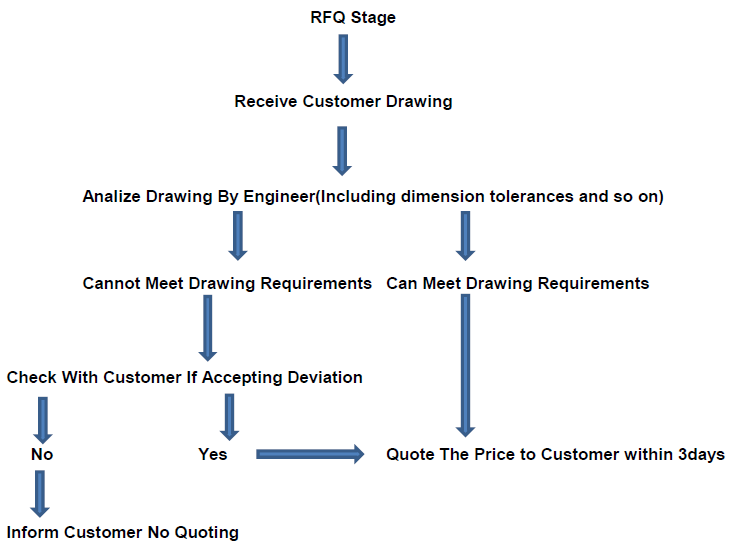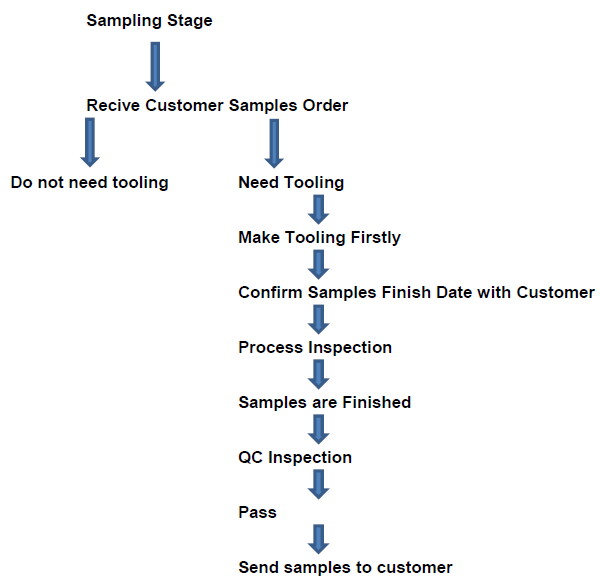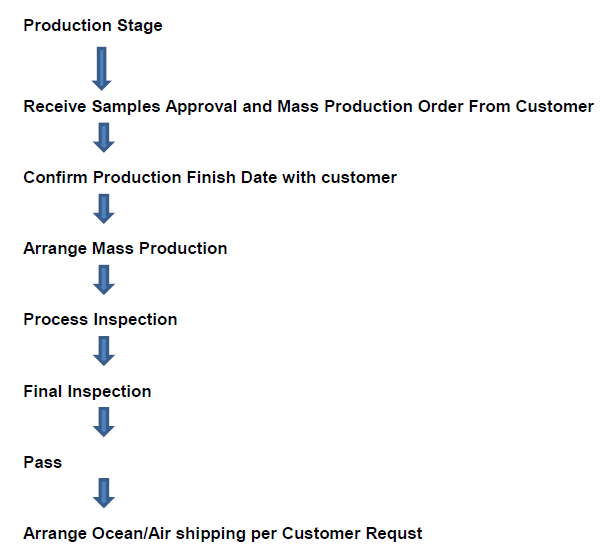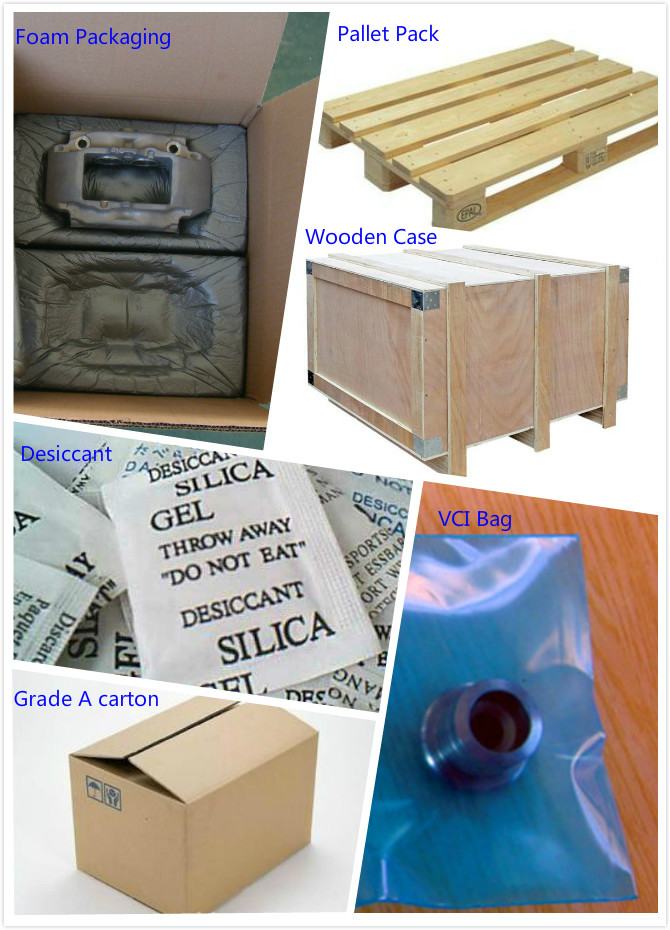![stamping machining parts stamping machining parts]()
Precision Stamping & Machining Solutions
We are a leading manufacturer specializing in custom stamping and precision machining services, delivering high-quality components tailored to meet diverse industrial needs. With expertise in stamping processes and machining techniques, we transform raw materials like stainless steel, aluminum alloys, and other metals into complex, high-performance parts.
Our core services include:
Custom Stamping: From prototypes to mass production, we utilize advanced stamping technology to create components with tight tolerances and superior durability.
Drawing-Based Manufacturing: Submit your designs for precise replication, supported by CAD/CAM-driven processes.
Sample-Based Production: Leverage our capability to replicate or refine existing parts, ensuring consistency and quality.
Materials & Applications: We work extensively with stainless steel (e.g., 304, 316) and aluminum alloys (e.g., 6061, 5052), ideal for industries such as automotive, aerospace, electronics, and consumer goods. Our components are corrosion-resistant, lightweight, and engineered to withstand extreme conditions.
Why Choose Us?
Advanced Technology: State-of-the-art stamping presses, CNC machines, and surface treatment facilities.
Quality Assurance: Strict adherence to ISO 9001 standards, with full traceability and rigorous testing.
End-to-End Support: From design optimization to final delivery, we ensure seamless integration into your supply chain.
Belows are our work flow chart for all our customized products:
![RFQ阶段 RFQ阶段]()
![samples阶段 samples阶段]()
![production阶段 production阶段]()
The Advantages of Custom Precision Made Stamping Components:
Mold cost controllable: compared with casting or machining, stamping mold development cycle is short, low cost, especially suitable for small and medium-sized batch orders.
High material utilization: Reducing waste and raw material costs through optimized Nesting Design.
Automated production: High-speed stamping machine with continuous Die (Progressive Die), to achieve hundreds of pieces per minute efficient output, single piece cost significantly reduced.
Micron Precision: Precision Stamping can control tolerances up to ±0.01mm to meet the needs of high-precision assembly.
Excellent surface quality: one molding to reduce secondary processing, surface without burrs, scratches, can be directly electroplating, spraying and other processing.
Batch stability: Ensures size and performance consistency in mass production through SPC (Statistical Process Control)
Small batch flexible production: Support MOQ as low as 100 pieces, adapt to research and development trial production or niche market demand.
Design freedom: Through the multi-station mold to achieve punching, bending, drawing, stamping and other composite processes to meet the customized needs of special-shaped parts
Packaging:
![包装组图_meitu_3 包装组图_meitu_3]()
FAQ:
1Q:What is the development cost of custom stamping die? Can it be allocated to subsequent orders?
1A: The cost of the mold depends on the complexity of the part, the thickness of the material and the type of mold. As a professional Stamping Supplier, we offer two solutions:
One-time payment: for long-term stable orders, mold ownership belongs to the customer.
Cost sharing: Reduce your initial investment by spreading the cost of tooling into your first order.
In addition, we provide mold maintenance services to extend the life of the mold and further reduce the cost per piece.
2Q: How long does it take from design confirmation to mass production?
2A: The standard process is:
Mold development: 3-4 weeks (5-6 weeks for complex molds);
Sample verification: 1-2 weeks (including material testing and functional verification);
Mass production start: Depending on the order volume, the first batch of goods can be delivered within 3 days.
3Q: Which materials are suitable for the stamping process? Can it meet high strength or corrosion resistance requirements?
A: We support a variety of materials, including:
Conventional materials: stainless steel (SUS304/316), aluminum alloy (5052/6061), copper alloy (C1100/C5191);
High strength materials: High carbon steel (SPCC), DP/TRIP automotive steel (tensile strength above 800MPa);
Corrosion resistant materials: titanium alloy (Gr2/Gr5), galvanized sheet (SGCC).
According to your requirements, we can provide material selection recommendations.
4Q: What is the minimum order size (MOQ)? Do you support small batch trial production?
4A: Small batch trial production: Support MOQ as low as 100 pieces for design verification or market testing;
Mass production orders: MOQ≥1,000 pieces is recommended to optimize the cost, but can be flexibly adjusted according to customer needs; Additional services: For R & D customers, we provide a "shared mold" solution to further reduce the cost of trial production.
5Q: How can you let us know you are a qulified supplier?
5A: Technical competence (mold development, tolerance control, material compatibility);
Cost optimization strategy (mold allocation, small batch support);
Quality system (testing technology, process control).
Choosing an experienced stamping supplier ensures an efficient transition from design to mass production while balancing cost and performance requirements.


































